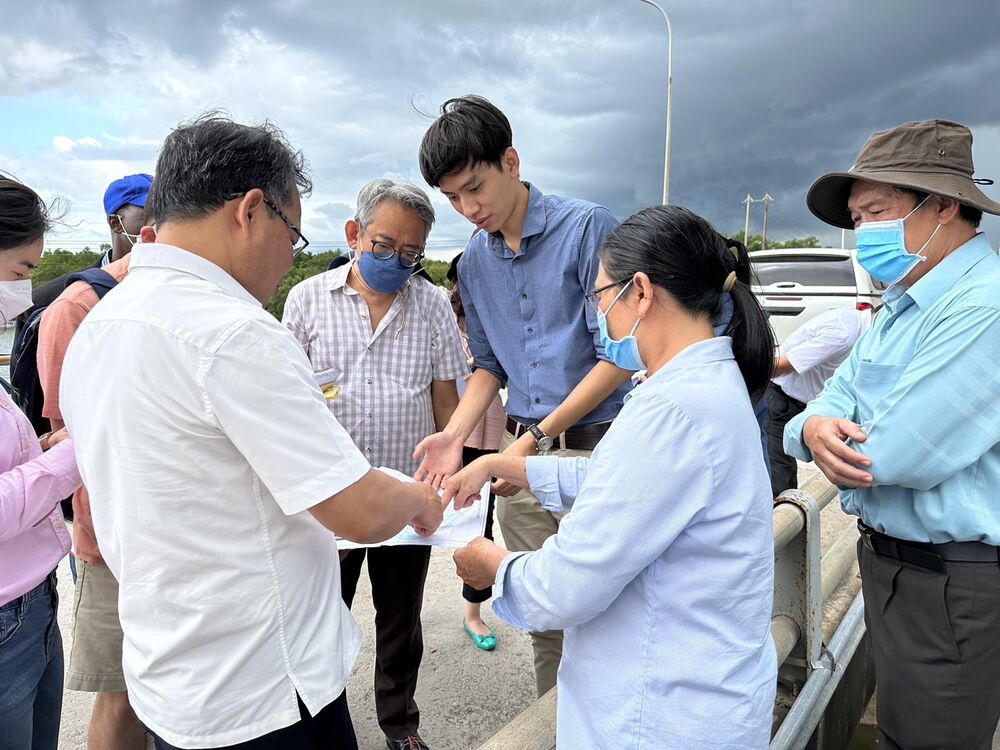Water is a precious resource in the Lower Mekong Basin. MI, together with our partners, is helping riparian communities in Cambodia, Lao PDR, Viet Nam and Thailand (CLVT) countries to have better access to water, food and energy while arming themselves against increasingly extreme weather in these times of climate change.
With support from the Republic of Korea (RoK)’s Ministry of Science and ICT, the First National Stakeholder Consultative Forums were organised in Viet Nam on September 22-23, 2022, in Cambodia on October 20-21, 2022, and in Lao PDR on October 25-26, 2022. The aim was to visit a potential pilot site in each country, discuss implementation structures with key stakeholders, and develop indicators for the pilot activities. The result will be a selection of pilot sites for each country.
The consultative forums were part of a five-year project called “Triangular Cooperation on Sustainable Development in the Lower Mekong Basin based on the Water-Energy-Food (WEF) Nexus”, also known as the “RoK- United Nations Office for South-South Cooperation (UNOSSC) Facility Phase 3” or P-LINK. The project aims to strengthen access to water, food and energy for vulnerable communities living in the Lower Mekong Basin (Cambodia, Lao PDR, Thailand, and Viet Nam). Through integrative and multi-sectoral approaches in the application of technologies for water, energy and food, the livelihoods of the people based on South-South and triangular cooperation (SS & TrC) modalities are expected to be improved at the end of the project.
With the implementation timeframe from September 2021 to December 2025, the project is a regional collaboration between UNOSSC, the Science and Technology Policy Institute, and the Mekong River Commission and MI.
Through the organization of such national forums, stakeholders will gain a better understanding of the objectives and directions of P-LINK, and be able to identify their roles in national pilot implementation. This participatory and collaborative process and a clear understanding will be key to the success of the project in which many stakeholders are involved. In parallel, implementing institutions and UNOSSC are also informed of ongoing and developing challenges related to water, energy and food management, especially in the proposed pilot sites by Cambodia National Mekong Committee in the Sdao locality, which will enable the identification the technology and innovation to address those challenges.
Remark: The WEF Nexus approach is a fundamental shift from a pure sectoral approach to solutions that embrace a cross-sectoral, coherent, and integrated perspective. It challenges existing structures, policies and procedures at global, regional and national levels. Read more at: www.water-energy-food.orghttps://www.water-energy-food.org/mission








